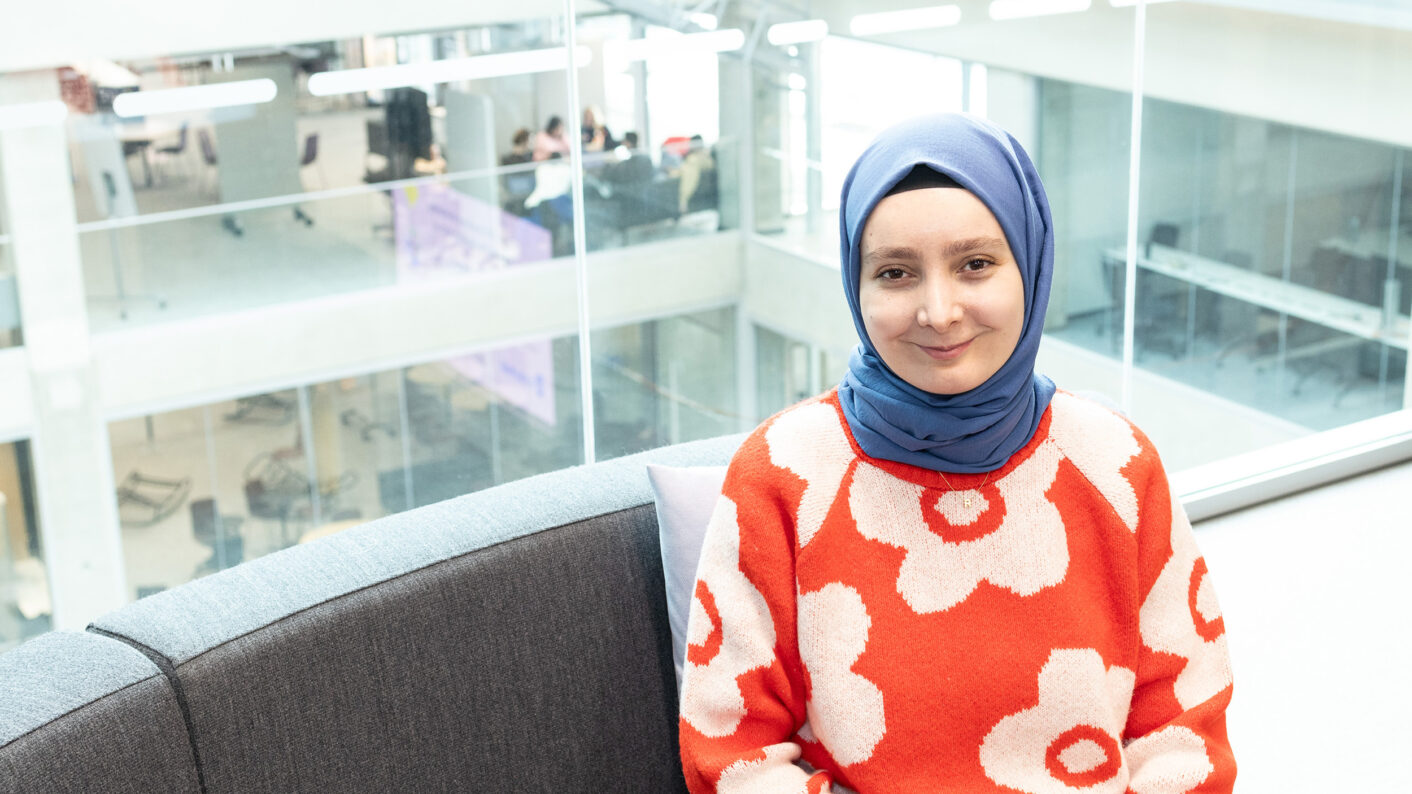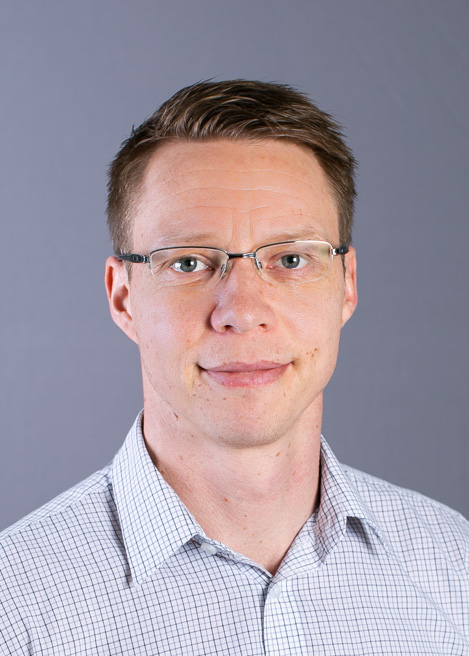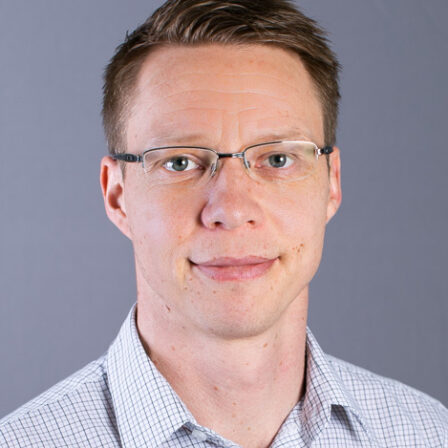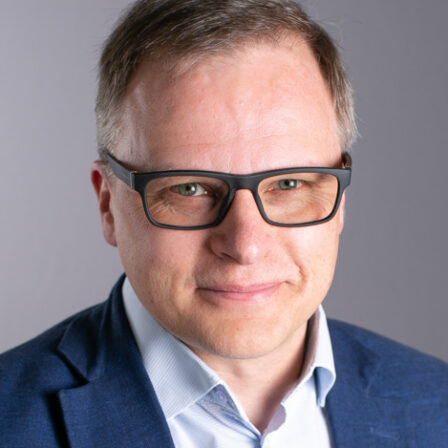Research team
Computational Engineering and Analysis (COMEA)
Solutions to technical problems using mathematical modelling and computational methods.

This work combines scientific research, the use of leading simulation software, and large-scale parallel computing to solve real-world problems. Our projects typically focus on improving processes, devices, or products, for example, from an energy efficiency perspective..
Mathematical modelling is needed because
- Modern design methods for devices, systems, and processes are digital
- Performance is validated and optimized through fast, flexible, and cost-effective computational simulations (so-called virtual prototypes and digital twins) before moving to physical prototypes and, ultimately, to production.
- Mathematical modeling enables the integration of digital product design with mathematical optimization.
- Additionally, it facilitates the design and development of robust optimal control systems. Such control systems are (energy) efficient and can tolerate operational disturbances, errors, or gradual degradation in the system components.
The subjects of our research
- Mathematical modeling of industrial systems: Computational fluid dynamics (CFD), Structural analysis and finite element modeling (FEM), Heat transfer and thermodynamics
- Model-based optimal design and control
- Applications: battery systems, heavy-duty vehicles, mobile robots, drones, pharmaceutical 3D printing, drug dissolution, underground heating systems, thermal energy storages, atmospheric flow, water filtration
Contact
Research Group Leader
Case
Mathematical modelling can be used to design dentures
Mathematical modelling has many practical applications. Rabia Altunay, a researcher in the Computational Engineering and Analysis (COMEA) research group at Turku University of Applied Sciences, is interested in the medical applications of mathematical modelling in her PhD thesis at LUT.

Publications
Immonen, E., Hurri, J. Incremental thermo-electric CFD modeling of a high-energy Lithium-Titanate Oxide battery cell in different temperatures: A comparative study. Applied Thermal Engineering 197, 2021. 117260.
Chaudhari, A., Immonen, E., Manngård, M., Westö, J. and Bengs, D. Assessing the Impact of Forests on Local Wind Conditions in Archipelagos: A CFD Study. Communications of the ECMS, Volume 37, Issue 1, 2023.
Shahsavari, S., Rabah, M., Immonen, E., Haghbayan, M. H., & Plosila, J. Remote Run-Time Failure Detection and Recovery Control For Quadcopters. Journal of Integrated Design and Process Science, 25, 2, 2021, pp. 120-140.
Heydarzadeh, M., Immonen, E., Haghbayan, M-H., Plosila, J. A Light-weight Model for Run-time Battery SOC-SOH Estimation While Considering Aging. Communications of the ECMS, Volume 37, Issue 1, 2023.
Shahsavari, S., Haghbayan, M. H., Miele, A., Immonen, E., & Plosila, J. (2024). A Coordinated Approach to Control Mechanical and Computing Resources in Mobile Robots. Under review in IEEE Transaction on Robotics.
Our experts
Strong project skills
Turku University of Applied Sciences’ Project Office offers support and guidance throughout the life cycle of an RDI project. Our project experts have years of experience and strong expertise in national and international funding programmes. We have more than 200 projects running every year, and our RDI activities have received more than €10 million in external funding.








